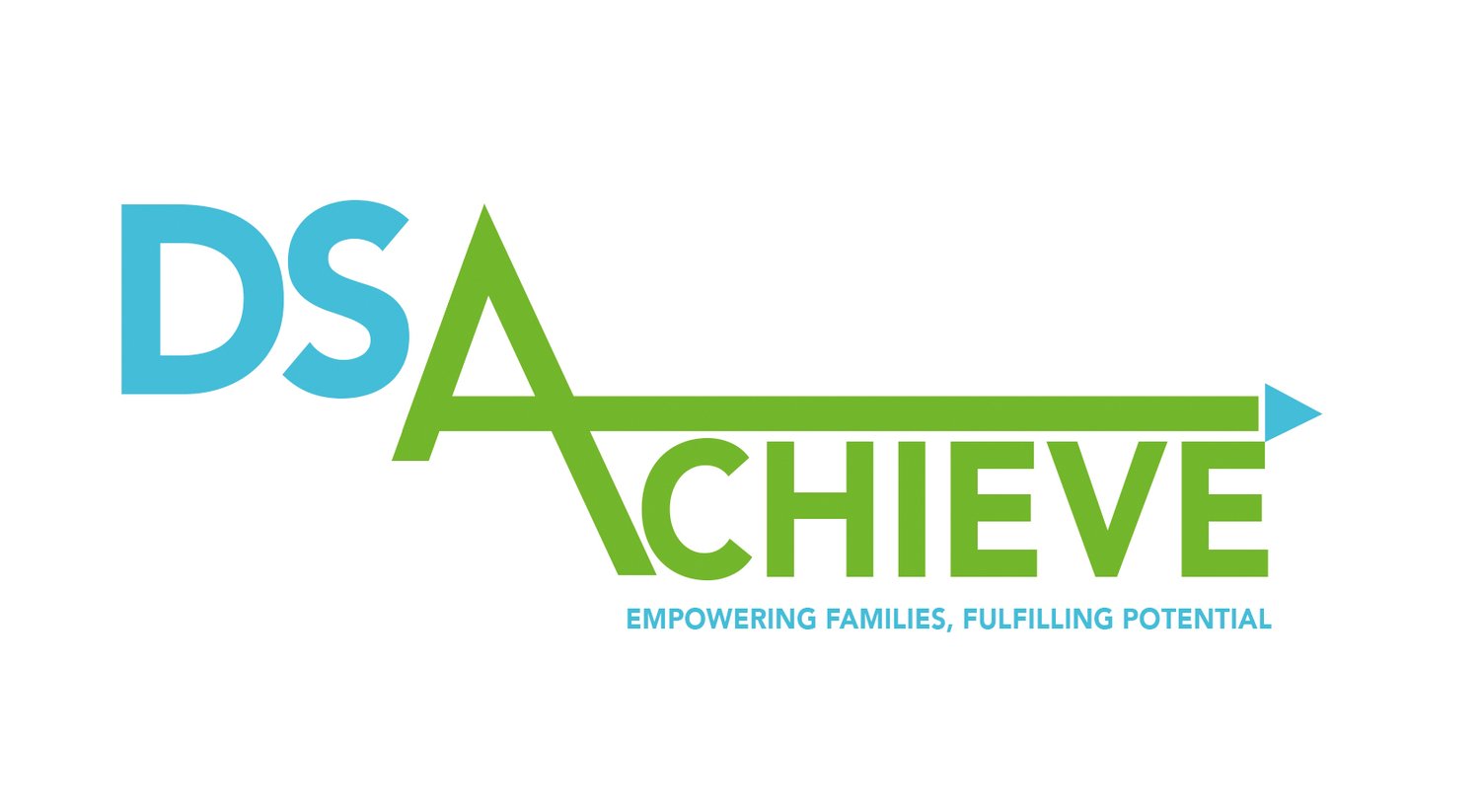DS Achieve Criminal Finance Act Policy
Introduction
The purpose of this policy is to set out the commitment made by DS ACHIEVE in preventing persons associated with The Charity from engaging in the criminal facilitation of tax evasion in either the UK or a foreign country.
This policy will be published on the DS ACHIEVE website and reviewed annually.
Definitions
The Charity Means DS ACHIEVE, a Charitable Incorporated Organisation.
CFA Means the Criminal Finance Act
Associated Person Means any person providing services for or on behalf of DS ACHIEVE. For example an employee, volunteer or contractor.
Criminal Finances Act 2017 (CFA)
The CFA imposes a new corporate criminal offence of ‘failure to prevent the criminal facilitation of tax evasion’. This is relevant to all incorporated charities, (including charitable incorporated organisations) regardless of their size.
Under the CFA, an offence will be committed by DS ACHIEVE in the event of the following three stages being met:
Stage 1 (Evasion): A deliberate tax evasion takes place by either a UK or overseas tax payer either as an individual or legal entity). This includes the evasion of any type of tax, for example National Insurance Contributions or VAT.
Stage 2 (Facilitation):This tax evasion act is deliberately and dishonestly facilitated by an associated person of DS ACHIEVE; .
Stage 3 (Failed Prevention): DS ACHIEVE failed to prevent its associated person from committing the criminal act of facilitation.
If stages 1 and 2 above are met, DS ACHIEVE would automatically be guilty of committing the corporate criminal offence, unless it can be shown that reasonable procedures were in place to prevent the criminal facilitation of tax evasion by the associated person or that it was unreasonable to expect such procedures to be in place.
In addition to a criminal conviction for DS ACHIEVE that may have an adverse reputational impact, penalties include unlimited fines and ancillary orders such as Trustee disqualification.
Procedures
There are no exemptions for small incorporated charities or CIOs with regards to this corporate criminal offence. However, the facts and circumstances of each charity will be taken into account when deciding what procedures were reasonable.
Based on the guiding principles provided by HMRC, DS ACHIEVE has identified the following procedures as being reasonable for ensuring that the risk of tax evasion being facilitated by an associated person is appropriately managed.
Risk Assessment.
Every six months, a charity-wide assessment of the areas of potential risk of involvement in the facilitation of tax evasion will be performed. Risk assessments will consider whether associated persons have the motive, opportunity and the means to facilitate tax evasion. Conclusions and actions will be documented.
Yearly review of internal financial controls
Proportionality.
The charity’s Financial Procedures Manual and other relevant policies are appropriate to the size and complexity of the transactions of DS ACHIEVE and the associated risks that The Charity faces.
Top Level Commitment
DS ACHIEVE will foster a culture of integrity with a zero tolerance attitude to tax evasion that is driven by communications from the trustees.
Financial procedures, controls and associated policies are strictly adhered to.
Due Diligence
Statements to be provided from trustees, employees and volunteers to confirm their understanding about what tax evasion means and that they agree to comply with the charity’s policy of not facilitating criminal tax evasion.
Communications and Training
All associated persons to be made aware of their responsibilities around anti-tax evasion with robust induction procedures and training needs identified and met where necessary.
Monitoring and Review
Policies to be reviewed as per the review cycle and updated as necessary to reflect the latest information and best practice.
If new activities or working processes occur between charity wide risk assessment cycles, those activities or working processes are to be individually risk assessed as an interim measure.
Obligations of Associated Persons
If you are concerned that a fellow employee or associate is facilitating a third party's tax evasion, you should immediately contact the Chair of DS ACHIEVE.
You should ensure that you comply at all times with other DS ACHIEVE policies, including the Anti-Bribery Policy and Financial Procedures Manual.
DS ACHIEVE will apply its disciplinary procedures in the case of employees or other procedures in the case of volunteers if they are guilty of an offence.
If DS ACHIEVE becomes aware that they have failed to prevent an associated person from criminally facilitating UK tax evasion and that they may be guilty of a corporate failure to prevent offence under Part 3 of the CFA 2017, they will self-report to HMRC.
Version 5.0 February 2024
